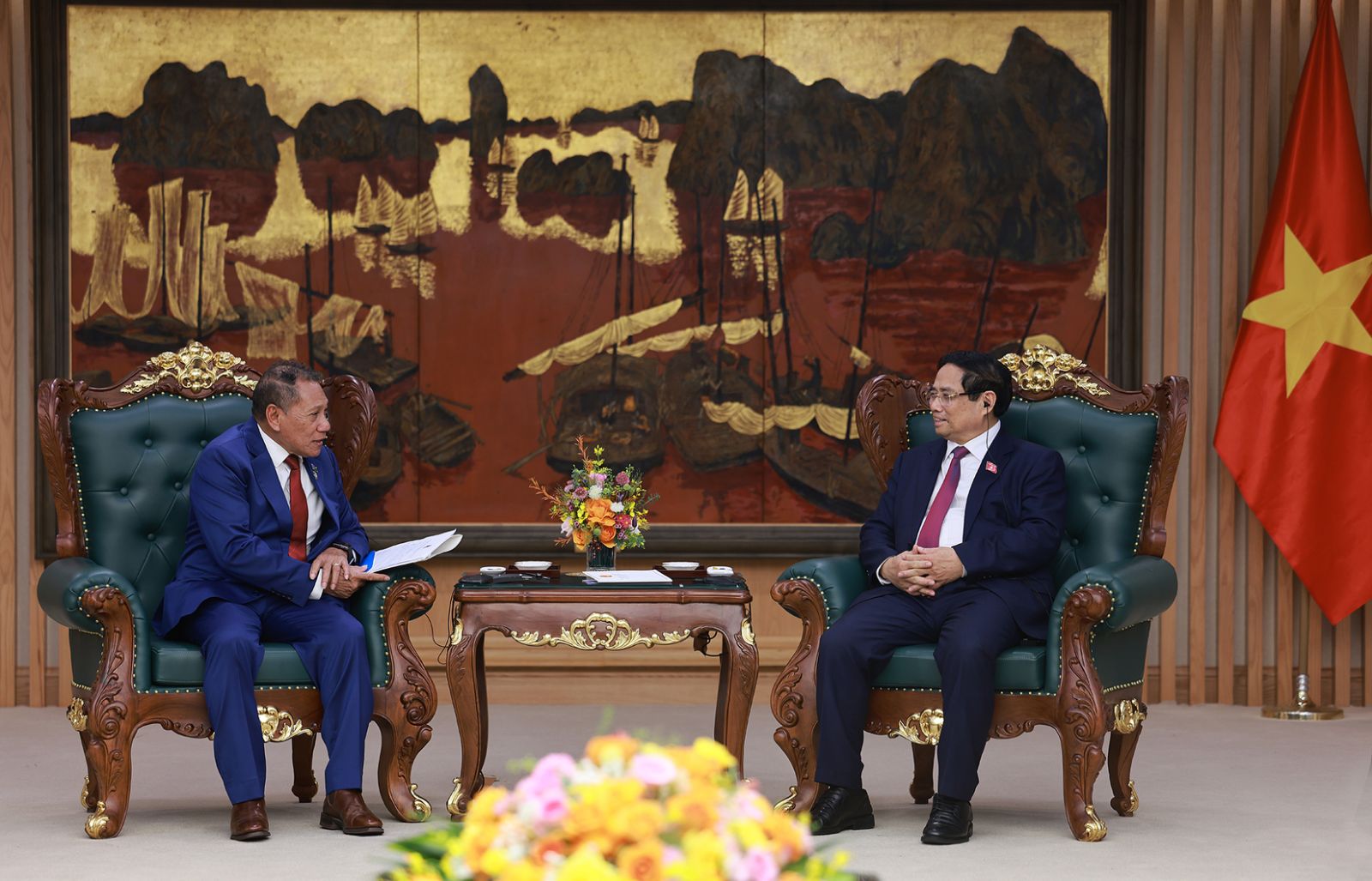BY BEN BILUA
Gizo
SAERAGI and Kongulavata communities in Western Province have taken a major step towards safeguarding their sea grape resources with the introduction of a new community-led management plan, thanks to support from World Wildlife Fund (WWF) Solomon Islands.
In an interview with Island Sun over the weekend, Community Facilitator of Saeragi, Bibolo, Miles Six and Vorivori, Nerolyn Loni, said the project has transformed local understanding of resource management.
She said the project has opened the eyes of rural people on the importance of managing local resources.
Loni confirmed the formation of the Saeragi Sea-Grape Management Association, which is overseen by a Chairperson, Vice Chairperson, Treasurer, Secretary, and a team of Rangers.
She said the association is now responsible for enforcing new community-agreed rules that govern sea grape harvesting.
“This project is a game changer for us. The trainings, the field trips and awareness reshaped our community’s understanding on the importance of managing the sea grape. I strongly believe this project has made a huge impact in our communities,” Loni said.
Chairperson of the Saeragi Association, Newton Kule explained that the management of the sea grape is driven by two key objectives.
He said the first objective is to ensure the resource is sustainably harvested and the second objective is to ensure community members benefit equally from the resource.
“Each family is only required to harvest two baskets a week.
“Our rangers are always on alert to enforce our rules and regulation. When our rangers advise us to stop harvesting, we enforce the advice,” Kule said.
He said the project has also empowered local rangers with scientific knowledge about the sea grape life cycle, enabling better monitoring and protection.
“This project is a blessing for us. Previously we harvested and ate the grapes without consideration, to a point where the resource started to die out. When this project started, we had doubts, but as we went along, we realised that we need to better manage this important resource,” Kule said.
He also acknowledged WWF for funding Saeragi Community with a community hall.
Longtime sea grape harvester, Gloria Anilafu, said the difference in sea grape growth before and after the project is remarkable.
She stressed that the new management system has boosted production, enabling harvesters to meet the growing demand in Western Province and even Honiara.
Anilafu added that the management system has improved equality in harvesting and selling, and that sea grape beds have expanded since rules were introduced.
“Sea grape is our lifeline. This resource is our source of income to meet our family needs such as school fees, church contributions and other needs,” she said.
Chairman of the Kongulavata Sea Grape Association, Lloyd Wakana, shared similar observations.
He said sea grapes are now regenerating in areas where they had previously died out.
“Previously, people harvested this resource to a stage where it died out in some areas. Now they are growing in places where they were not there before,” Wakana said.
He said Kongulavata’s association operates under similar rules and structures as Saeragi.
Another harvester, Zedilyn Kasa, acknowledged the project for improving the health and quality of sea grapes, which has increased market demand.
“I used to sell at Gizo market but now I just harvest based on orders because of the high demand. Sometimes I receive orders from Honiara.
“This resource is our money and we are thankful that WWF helped us to manage it properly,” she said.
With the new management plans in place, both Saeragi and Kongu communities say they are committed to ensuring sea grapes remain abundant for future generations while also supporting local livelihoods.
WWF-Solomon Islands Conservation Program Manager Henry Kaniki, said the project incentivizes sustainable harvesting practices by supporting women-led community enterprises that depend on healthy sea grape ecosystems.
“By improving the management of sea grapes and related ecosystems such as mangroves and coral reefs, we are enhancing climate resilience and supporting the economic stability of these communities,” he said.
Kaniki added that the project is a leading example of climate mitigation driven by traditional knowledge and local stewardship.
The WWF-Solomon Islands “Sea Grape Management Project” is a nature-based solution focused on the sustainable management of sea grapes in the Western Province.
It aims to improve environmental health by combining traditional knowledge with conservation tools to empower local communities and create sustainable livelihoods.
Key activities include training communities in sustainable harvesting and processing, developing value-added products like soap and syrup, and conducting ecosystem monitoring.
The project is supported by Climate Resilient by Nature (CRxN), an Australian Government initiative in partnership with WWF-Australia.
CRxN supports nature-based solutions that restore and protect critical ecosystems, build sustainable livelihoods, and increase resilience to climate shocks.
For feedback, contact: [email protected]



